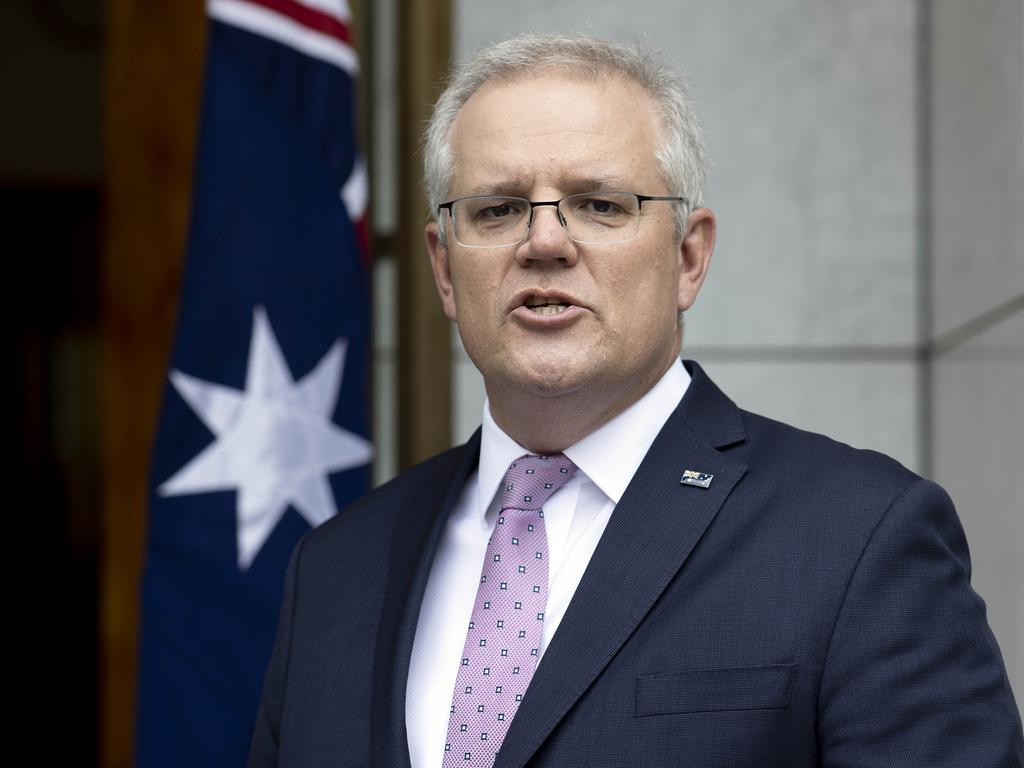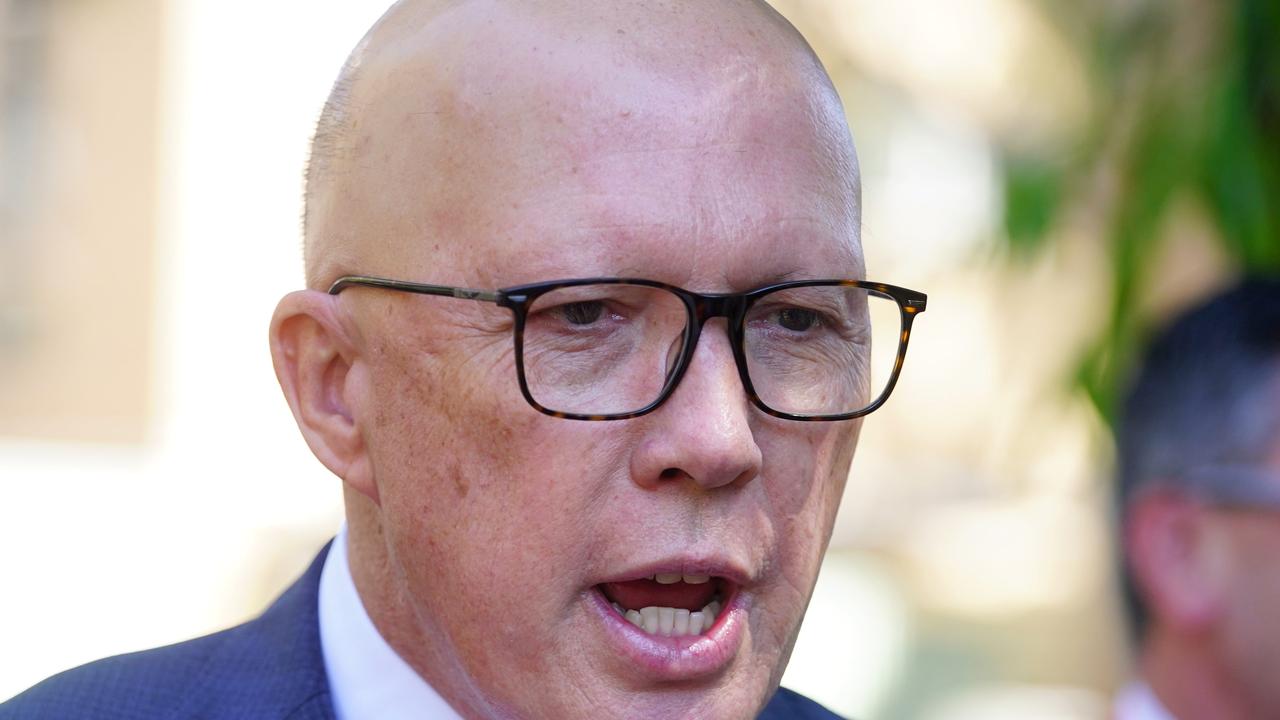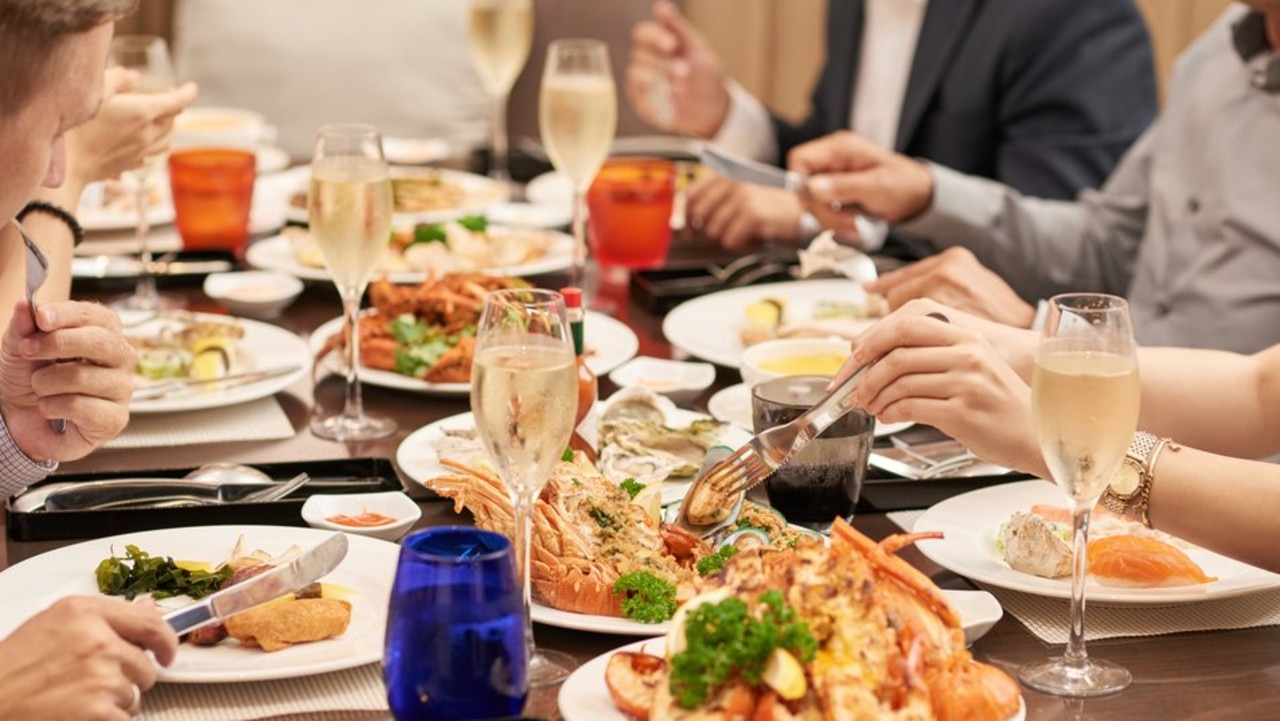Coronavirus lockdown: Chief health officer says travel limit is among rules that could be eased
Virus lockdown measures in Melbourne are under scrutiny ahead of Monday week’s planned limited easing.
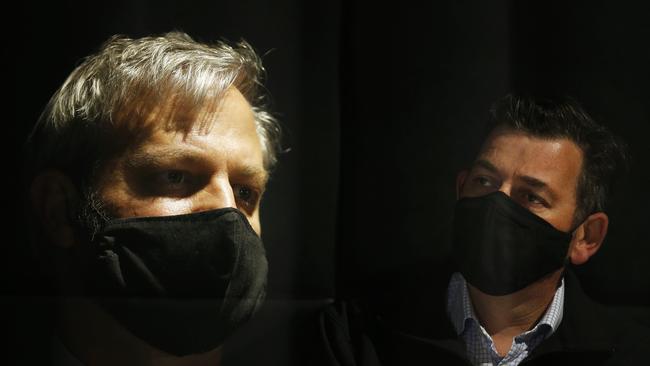
Melbourne’s five-kilometre-radius travel restriction is one of the many lockdown measures “up for evaluation” to be eased on October 19, Monday week, according to Victoria’s chief health officer, Professor Brett Sutton.
Professor Sutton told reporters on Saturday the state’s health leadership team was not ruling out scrapping or altering the radius rule restricting non-essential travel, even though Premier Daniel Andrews flagged an extension of lockdowns, saying current restrictions were “unlikely” to be eased as liberally as had been hoped for next weekend.
Melbourne was scheduled to have many coronavirus restrictions eased on October 19, including the 5km rule and limits on retail, hairdressing and outdoor dining.
The 5km rule has reportedly become a contentious issue in the public-health arena recently, with experts divided on the rule’s efficacy in stemming the spread of the virus.
“Certainly we’ll look at all of those individual elements and try to tease them apart, looking against the transmission that we’ve seen occurring over recent weeks,” Professor Sutton said.
“The five-kilometre limit, in particular, limits the number of households that you can meet outside by virtue of that constraint. But, of course, every single decision, every single element that we’re looking at has that public-health benefit versus the potential psychological or social harms,’’ the chief health officer said.
“But it’s pretty clear that we’ve got transmission between families. We’ve got transmission within households. We have transmission within workplaces that are open. That’s where people are meeting. But that’s not new and it really does relate to that aggregate risk.”
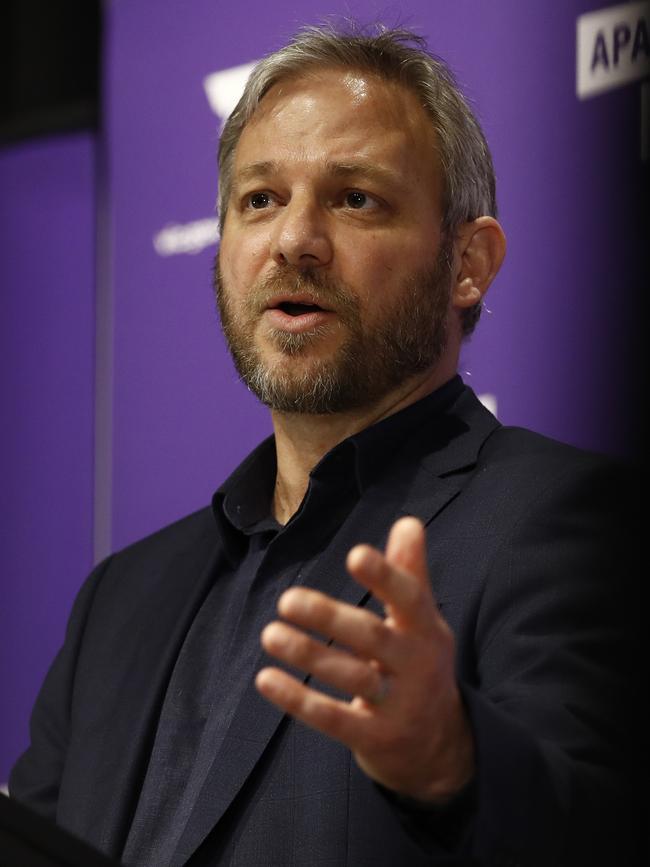
Premier Andrews said that while it was “unlikely” restrictions would be eased to the extent they had planned for next weekend, changes to lockdown measures would still come and would be “significant”.
“Based on the daily average, which is a very impressive number when you consider where we were not that long ago, it is likely not to be low enough for us to do all of the things that we had foreshadowed,” Mr Andrews said.
“But we will do some of them and they will be significant. The tail-end of this second wave was always going to be stubborn, and that is exactly the way it is panning out.”
Mr Andrews said the situation should not cause Victorians to despair.
“It is in no way warranted for people to be despondent or for people to lose any sense of hope, this strategy is working, but you have got to do it properly,” he said.
“We can’t have a situation where because we wanted to be over, we pretend that it is.”
Professor Sutton also said he believed Victoria was still capable of entirely eradicating community transmission of the coronavirus.
“I think it’s challenging. There’s no question it’s challenging. I don’t think it is impossible,” Professor Sutton said.
He said the experience of the first wave showed that it could be done.
“We saw in the first wave that it can actually be cut through right at the tail if you can get to every single case. We’ve got a much more challenging second wave in that regard, but it doesn’t make it impossible,” he said.
“So the few cases that we see emerging every day, including those cases of unknown source, if we can just contain them, that’s the end of that chain of transmission forever. So we need to find them and we need to end them, and that can get you to zero community transmission.”
Professor Sutton said outbreaks over recent weeks had “clarified” in his mind “how substantial that challenge is”, and he said recent clusters arose when people waited too long to get tested and isolate.
“Part of what drives numbers now is that a couple of weeks ago, we saw that people were too slow to test from the beginning of symptoms, and people were too slow to isolate from the beginning of symptoms,” he said.
“So they’re the things that are contributing now to the cases that we’re seeing and we need to turn that around.”
LATEST DEVELOPMENTS IN THE CORONAVIRUS CRISIS GLOBALLY
There are nearly 37 million cases and the novel coronavirus has killed at least 1,069,029 people since the outbreak emerged in China last December, according to a tally from official sources compiled by AFP at 10pm AEDT on Saturday.
At least 36,934,770 cases of coronavirus have been registered. Of these, at least 25,530,500 are now considered recovered.
The US is the worst-hit country with 213,795 deaths from 7,665,150 cases, followed by Brazil with 149,639 deaths from 5,055,888 cases, India with 107,416 deaths from 6,979,423 cases, Mexico with 83,507 deaths from 809,751 cases, and United Kingdom with 42,679 deaths from 575,679 cases.
The Czech Republic faces the prospect of a lockdown as the growth in Covid-19 cases reach a fourth straight daily record. The health ministry says the country of 10.7 million people had 8,618 new cases on Friday, beating Thursday’s record of 5394 and bringing the total tally to 109,374 cases with 905 deaths.
Germany and Poland are enforcing new restrictions to contain the spread of the virus. Bars and restaurants will now close at 11pm in Berlin until October 31 in a partial curfew, a measure already imposed an hour earlier in the financial capital Frankfurt. Measures in the German capital — with more than 400 new cases daily — will also affect all shops except pharmacies and petrol stations, which would be banned from selling alcohol. In neighbouring Poland, people will have to wear face masks in all public spaces after coronavirus cases hit a new record daily high of 4280.
US President Donald Trump will address supporters in Florida on Monday at his first rally since testing positive for Covid-19. He will also give a public speech at the White House on Saturday US time on his favoured theme of “law and order”, giving him an opportunity to dispel lingering doubts about his health.
Four more French cities in the north and east — Lyon, Grenoble, Saint-Etienne and Lille — have come under maximum alert like the capital Paris, Aix-Marseilles and the overseas territory of Guadeloupe. In these places, bars are closed and restaurants have to take additional safety measures that include a minimum distance between tables and registering clients’ addresses to alert them if any fellow diners end up testing positive. There are also limits on public gatherings.
North Korean leader Kim Jong-un says “not a single person” in the North has contracted the coronavirus.
Iran will impose fines for breaches of health regulations in the capital Tehran, says President Hassan Rouhani. Iran has previously held back from using fines to enforce mask wearing in public and other health protocols, but they will now be imposed. The police, the Basij paramilitary force and health inspectors will have powers to impose the fines, which range from 500,000 rials ($2.20) for not wearing a mask to a maximum of 10 million rials for businesses not observing health protocols.
EU commissioner for research and innovation Mariya Gabriel has tested positive for Covid-19, the first top Brussels official known to have caught the coronavirus. The commission’s president Ursula von der Leyen on Monday briefly went into self-isolation after a close contact with a positive case, but her two tests came back negative.
UK cyclist Simon Yates has withdrawn from the Giro d’Italia three weeks cycling race after testing positive for Covid-19. He becomes the first rider to test positive at a Grand Tour although four cases were found among team members — none of them competitors — during the Tour de France.
with AFP

